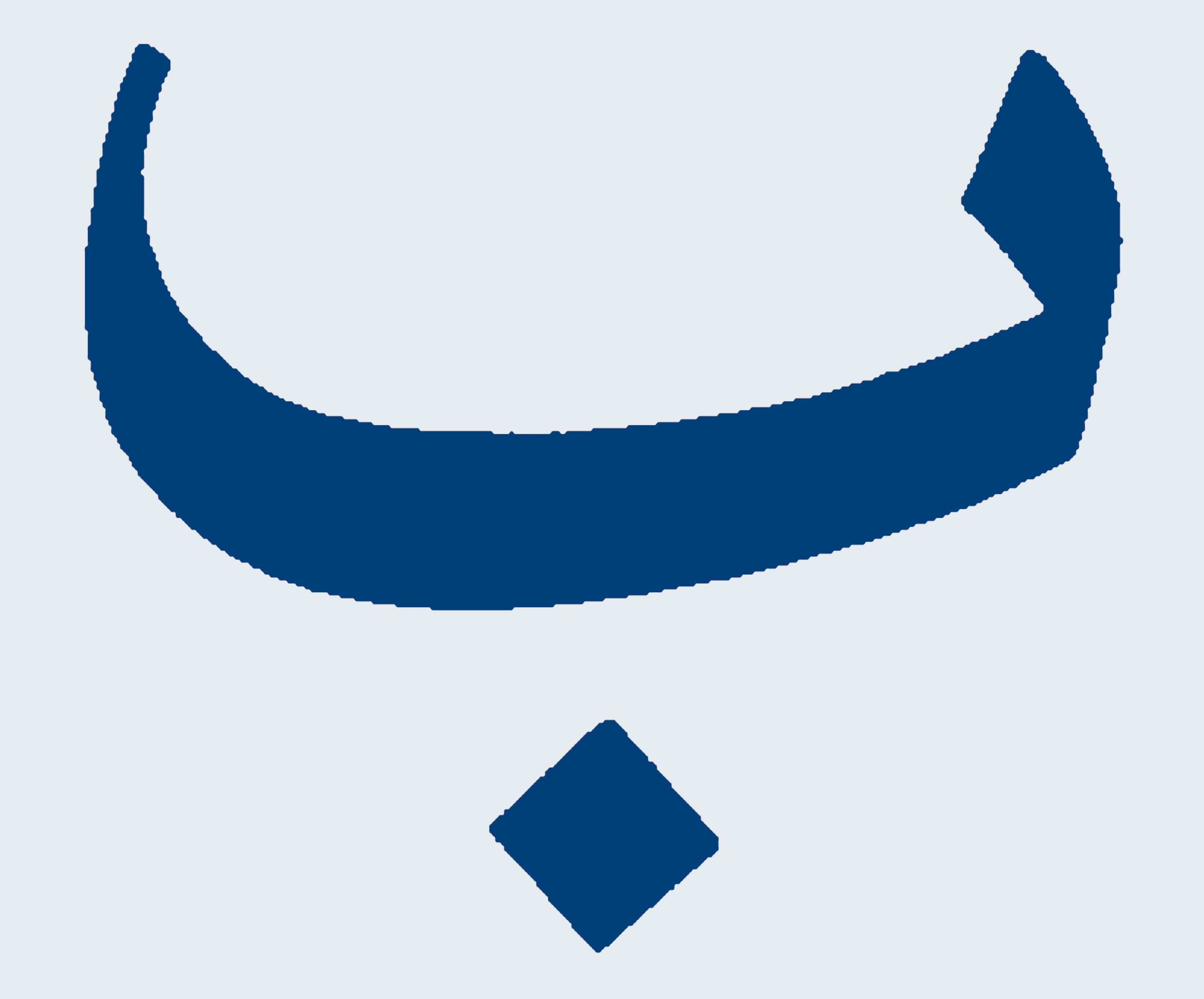The Grand Narrative of the ‘Holy Defense’: Dynamics of Representation and Subversion in Iranian War Literature
Project leader: Dr. Goulia Ghardashkhani
Grand narratives are indispensable to the ideological formation of newly established political systems. The grand narrative of the Holy Defense, staging the Iran-Iraq war (1980-88) as an identity-shaping event in the history of the Islamic Republic of Iran, is not an exception to this rule.
The current project examines the relationship between the grand narrative of the Holy Defense and its representation and reflection in post-revolutionary Iranian literature—both in state-sponsored literary works that fall into the genre of Holy Defense literature, and works that represent war and war-related issues without being marketed as literature of the Holy Defense.
The main focus of the project is on how the representation of the Holy Defense has changed through time within narrative space, and specifically how and why the literature under consideration has over time either emancipated itself from the grand narrative, or has otherwise lost its artistic appeal. The underlying hypothesis is that in any diachronic actualization of a grand narrative, there is an intertextual dynamism at play which makes the grand narrative work against itself through the very fact of being actualized in narrative form—pulled down, as it were, from the lofty realm of abstract ideology, and subjected to the mundane requirements of plot and narrative convention. Within the framework of this project, therefore, I am exploring the structures and the processes through which the grand narrative of the Holy Defense gradually subverts itself as the result of being staged and represented in narrative text.
The Project is directed by Dr. Goulia Ghardashkhani-Otter and funded by the Deutsche Forschungsgemeinschaft 2019-2024.
